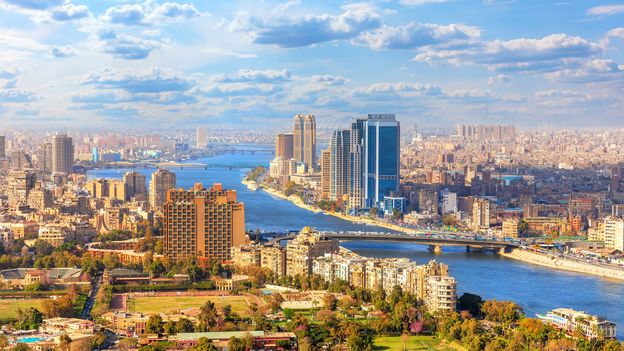The rugged landscape and wildlife, which includes whales, coastal wolves, black bears, grizzly bears and the spirit bear, attracts visitors from all over the world and makes up a vital part of the local economy. Robinson says that closing their community in mid-March was a hard choice, but it was just in time. Just south, Heiltsuk Watchmen on the water reported they started turning back yachts. American and Canadian boaters trying to flee big cities and those who wanted to hunt or fish (which is considered essential in BC, but not by the coastal communities) had started heading for more remote, Covid-19-free communities.
In normal times, these Guardian Watchmen would ensure people knew to stay away from sacred sites and to follow wildlife regulations.
“They are an extension of nationhood,” said Claire Hutton, Indigenous Stewardship Director at conservation organisation Nature United. “Since time immemorial, Guardians have had a role in managing land and water and in exerting rights.”
In earlier Kitasoo / Xai’xais villages, Robinson said, there was always one Guardian Watchman situated outside the village to watch for strangers. While in the Heiltsuk culture, the Guardian Watchmen were informal custodians of the land and water, following traditional laws to protect food sources and conserve the landscape.
While the ancient tradition faded with colonisation, modern Guardian Watchmen programmes came into being in the 1980s with programmes in Haida Gwaii, 200km west of Bella Bella, and in the Innu territories in Labrador. Today more than 50 different programmes in Nations across Canada fulfil a wide variety of different roles, depending on what a community may need.
Hutton, who coordinates a team that provides technical support to Guardians across Canada, says the programmes are as distinct as the Nations themselves, but there are common themes and issues. Many are focused on stewardship and ensuring the protection of traditional food sources. Some have a strong science focus, and Guardians are critical for data collection and monitoring biodiversity or species at risk. Other programmes concentrate on tourism and the Guardians act as interpreters.















